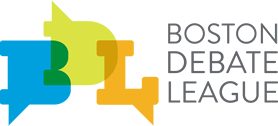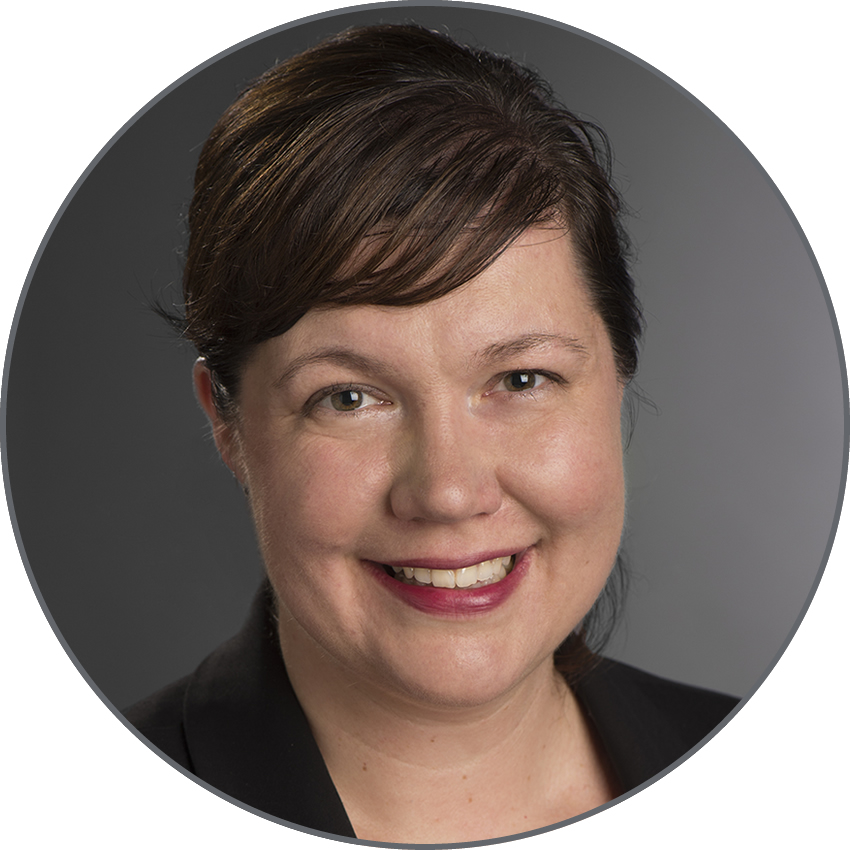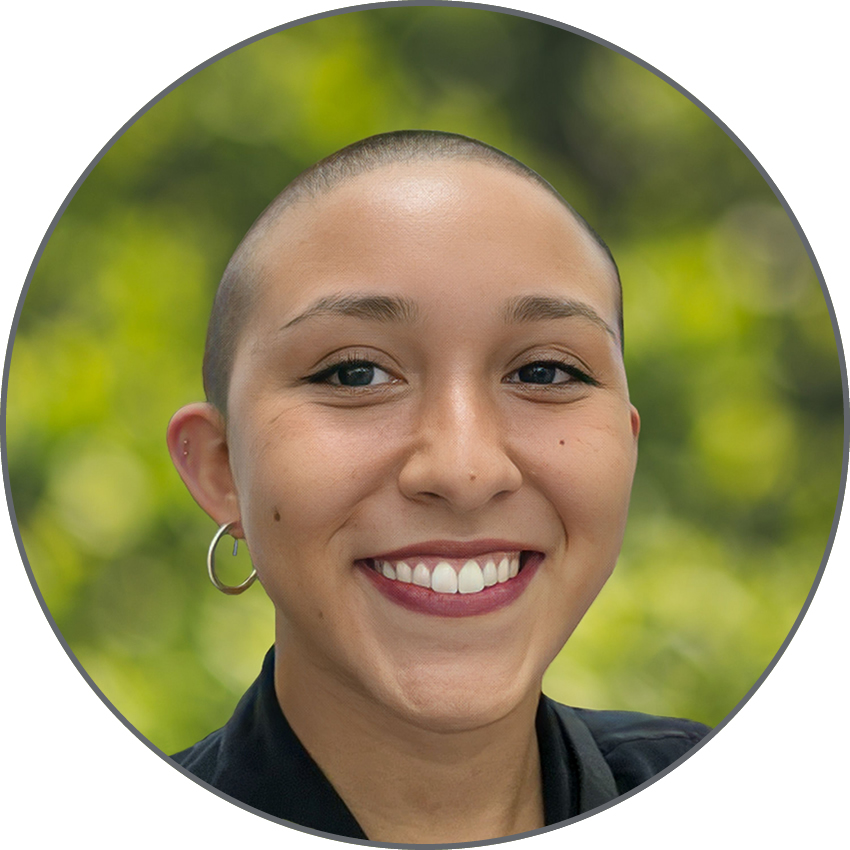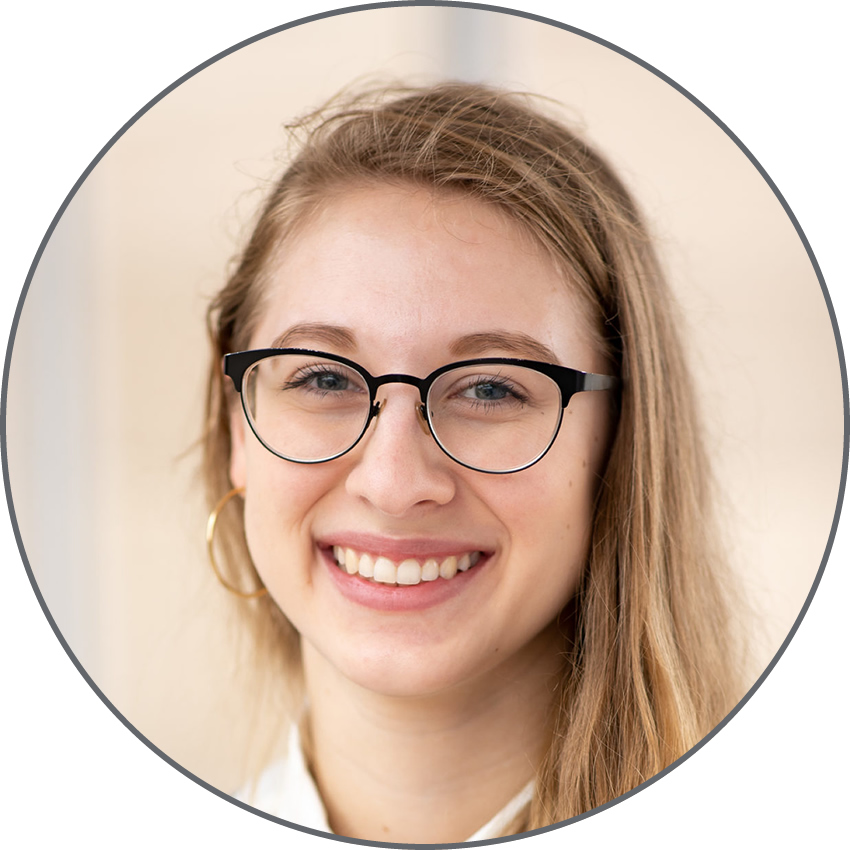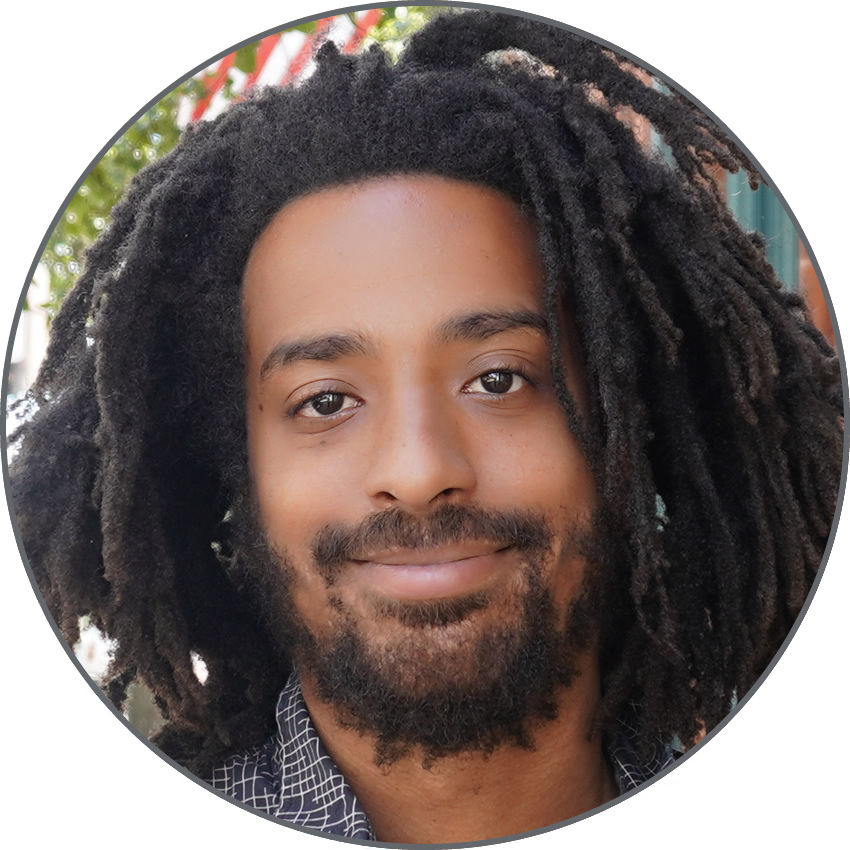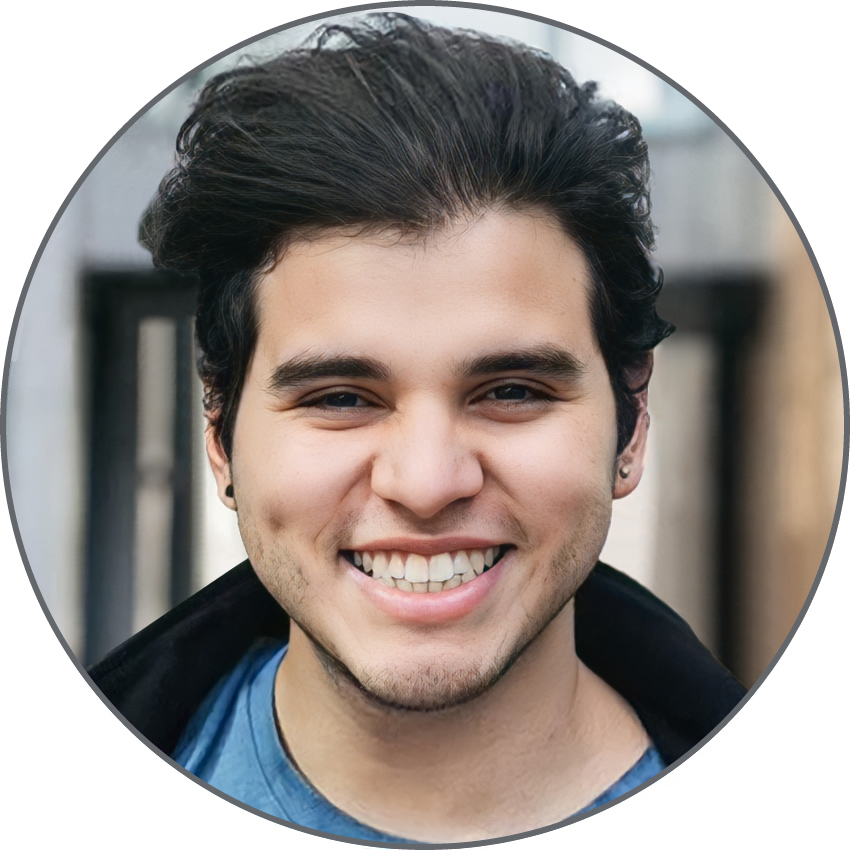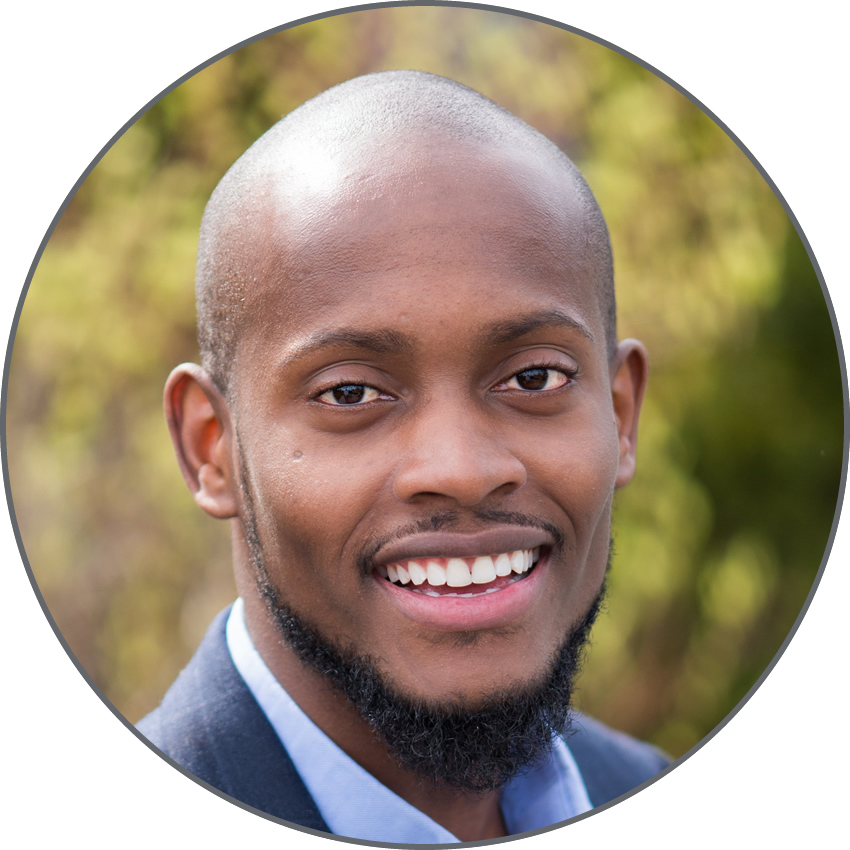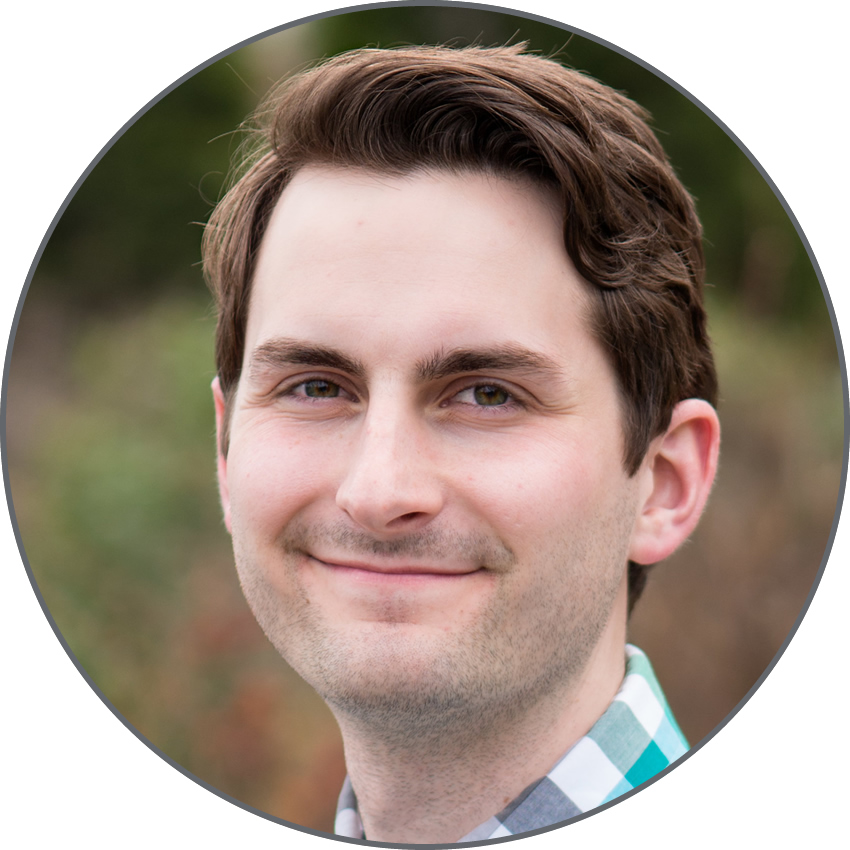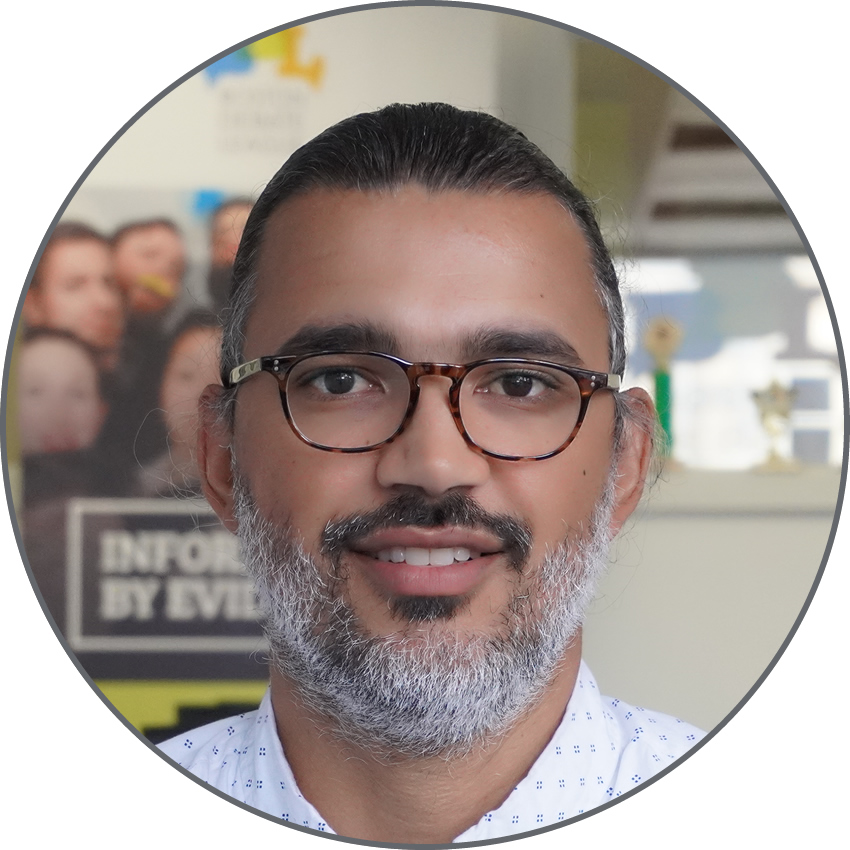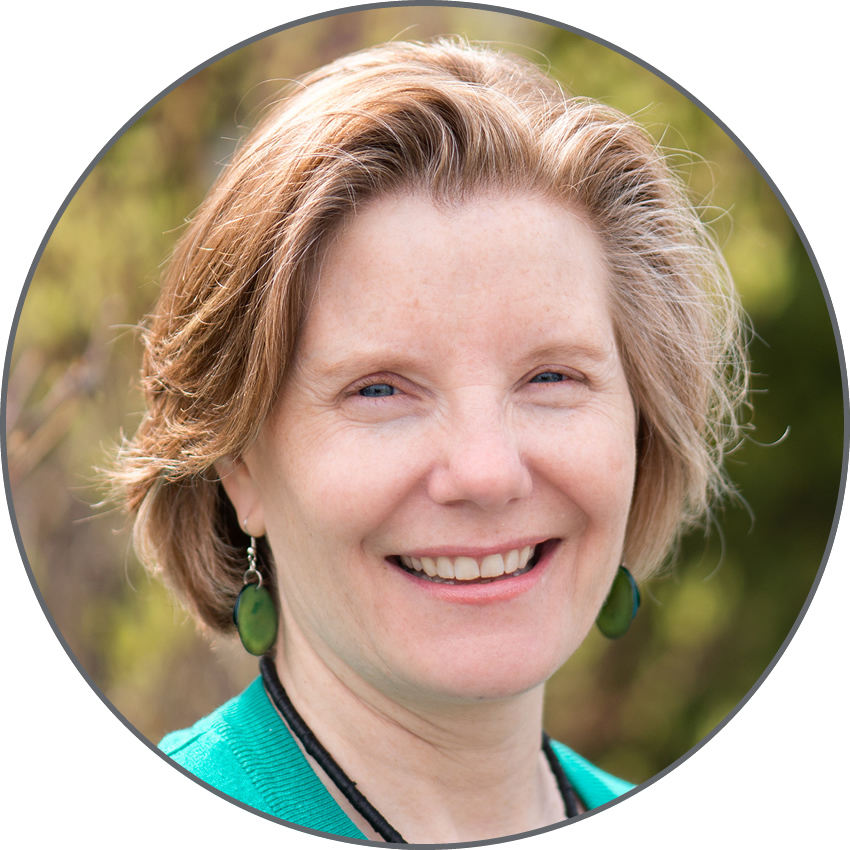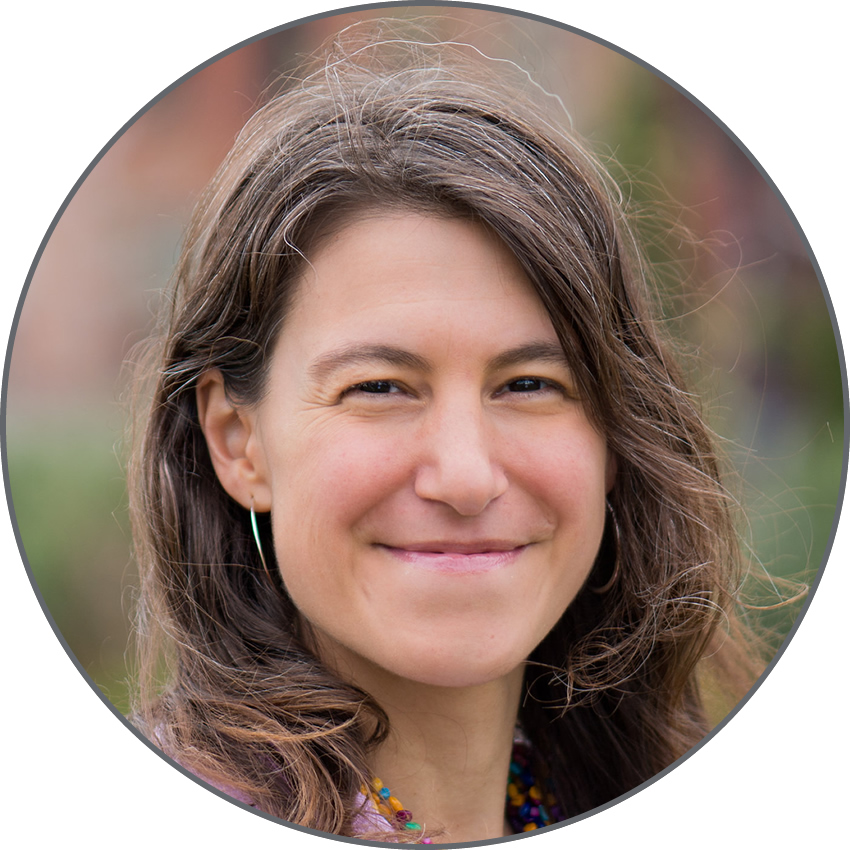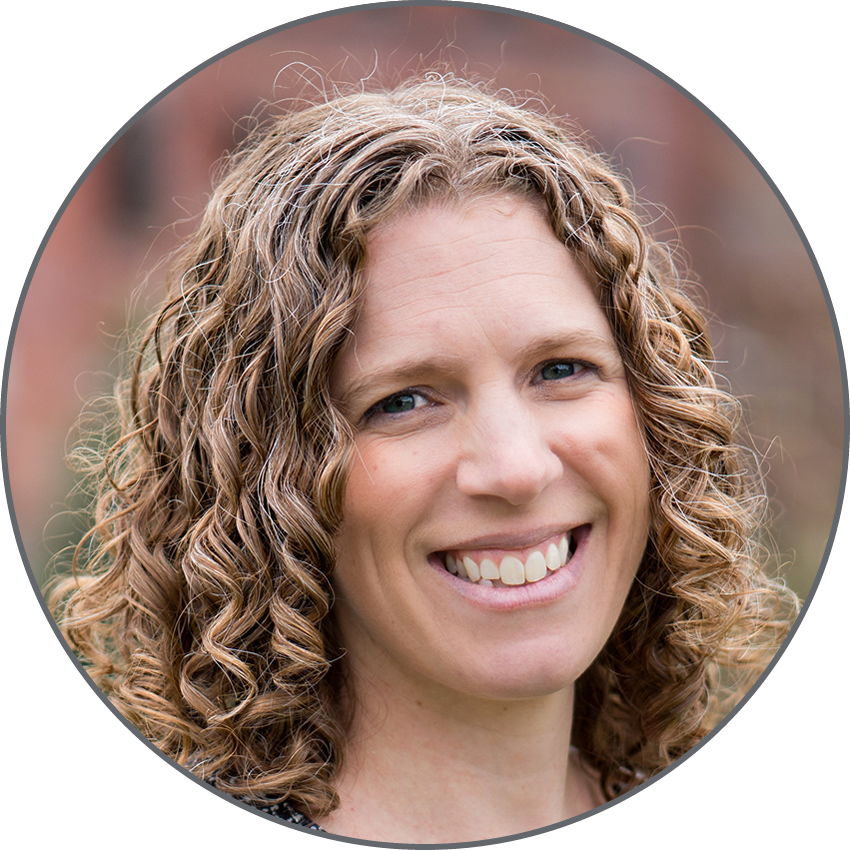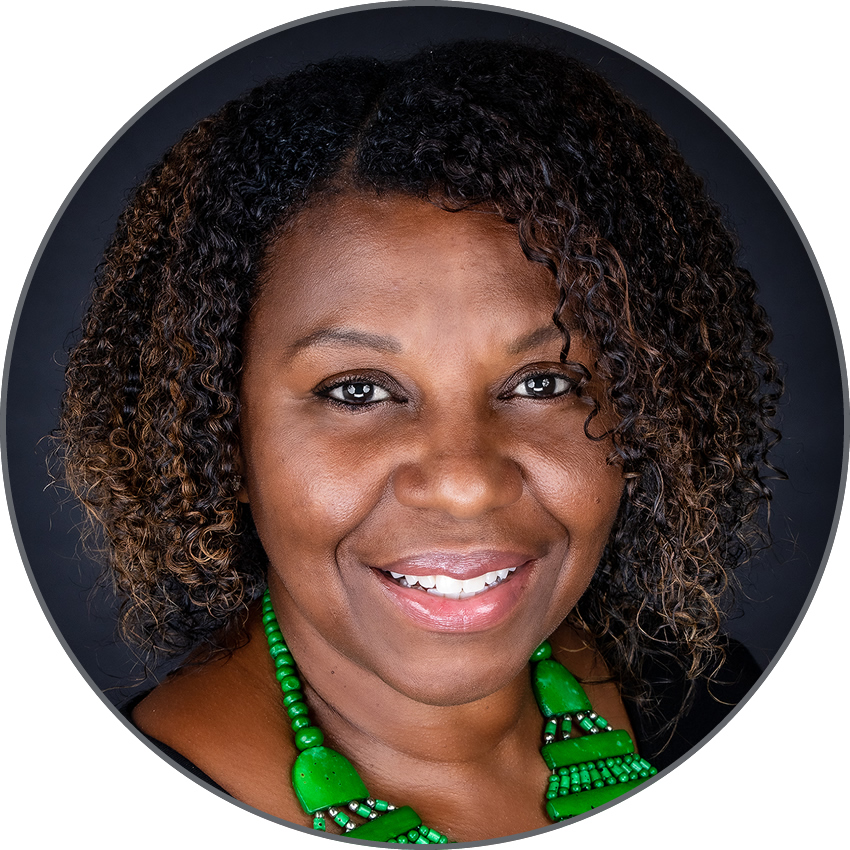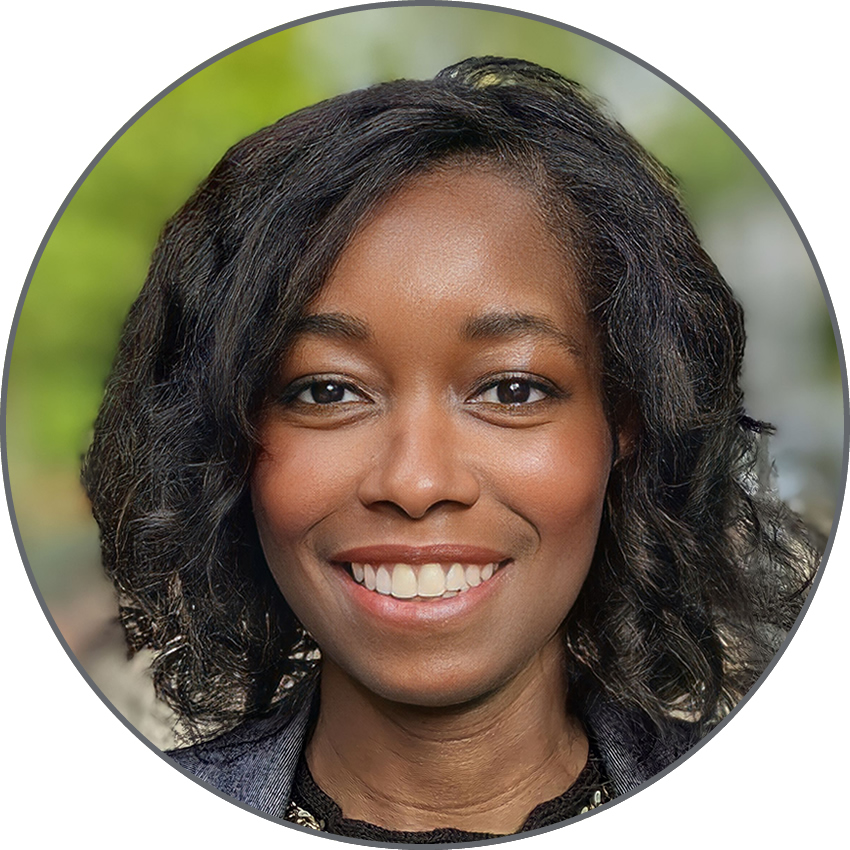A Better Way Forward
January 16, 2023 | By Kim Willingham
Listening, Humility, and Empathy — A Recipe for Healthy Discourse
As we look ahead to the work we’ll undertake at the Boston Debate League (BDL) in 2024, we do so considering the context within which we do this work. About this time three years ago, we watched as the nation’s Capital was stormed in response to the results of the presidential election. In the days and weeks that followed, tensions mounted across the country, and today, we continue to navigate a widening chasm in our political landscape and an erosion of civil discourse. Turn on the news or scroll through social media, and it’s not uncommon to witness pundits, politicians, and citizens across party lines embroiled in arguments about topics ranging from interpretations of free speech; to crusades against diversity, equity, and inclusion initiatives; to justifications for war. Too often, these exchanges are divisive and vitriolic and lead to further polarization and stalemates.
It makes the case for what we do at the BDL even more profound. At the Boston Debate League, we’re creating vibrant learning communities where young people connect and see one another’s humanity, even when they disagree. In education, we seek to develop critical thinkers, but it’s equally important that we help young people learn to listen – listen not just to form a response but to consider and seek understanding of another’s point of view. Doing so doesn’t necessarily yield or require agreement, but it does mean being in conversation, exercising humility, and practicing empathy. At first blush, these ways of being may seem counter to debate, at least as one might think about the activity, particularly when we have as models political candidates speaking over and insulting one another and bent on gotchas. We want students to understand that we don’t have to threaten or tear one another down because we don’t see eye to eye or normalize such behavior.
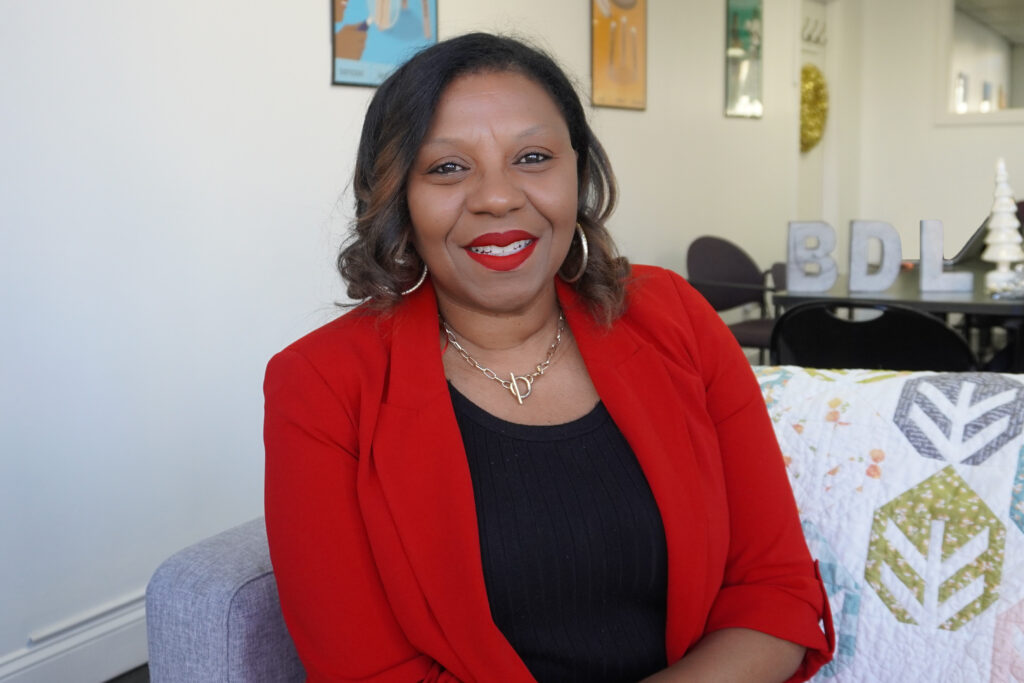
“The lessons students learn through debate are vital; they transcend the debate or classroom space. Students will take these sensibilities into discussions on the playground, in school hallways, at their places of employment, within their families, and in their communities.”
– Kim Willingham, BDL Executive Director
In November, I was a panelist at a convening of the National Governors Association (NGA). NGA Chair Utah Governor Spencer Cox and Vice Chair Colorado Governor Jared Polis hosted the second in a series of bipartisan events in support of Governor Cox’s Disagree Better Initiative in Denver. Our particular panel was focused on teaching youth about healthy conflict. I shared how we’re helping young people to develop the skills of listening and curiosity – engaging in discourse from the position of wanting to learn more about what others are thinking and presenting. These habits get at the heart of what we name in our vision statement: that all young people in Boston are engaged in critical discourse, informed by evidence, and empowered to lead. By listening, students are better informed; they can make arguments grounded in sound evidence and reasoning. What we see too often in the public sphere are arguments steeped in emotion –– fear, distrust, and sadly, hatred. We know there is a better way.
The lessons students learn through debate are vital; they transcend the debate or classroom space. Students will take these sensibilities into discussions on the playground, in school hallways, at their places of employment, within their families, and in their communities. During our most recent Coach Camp, a BDL alum and now Brandeis college student shared with coaches examples of how she uses the skills of debate both to engage in her courses – analyzing new information and interrogating perspectives (her own and others) – and as an activist using her voice in powerful ways to speak up for the things that matter to her. That, of course, has meant that sometimes she’s pushing back against prevailing voices that seek to silence hers or that are carried by others who intend harm with their words and/or policies. What she’s developed through debate are the muscles to listen with a sense of wonder, to find the holes in faulty arguments, to communicate counterpoints, and even acknowledge or be swayed when her opponents make more compelling arguments. This is what debaters do. Rather than attack one another, they probe the substance of arguments and leave one another’s humanity intact. Sometimes they win, other times they lose, but they do so equipped with new knowledge and strategy that doesn’t result in destruction or hate-filled diatribes. We need more of that in our society. Engaging young people in this type of learning is not just an academic endeavor; it’s an ingredient for a thriving and healthy democracy and has the potential to transform lives, communities, and the world as we know it.
